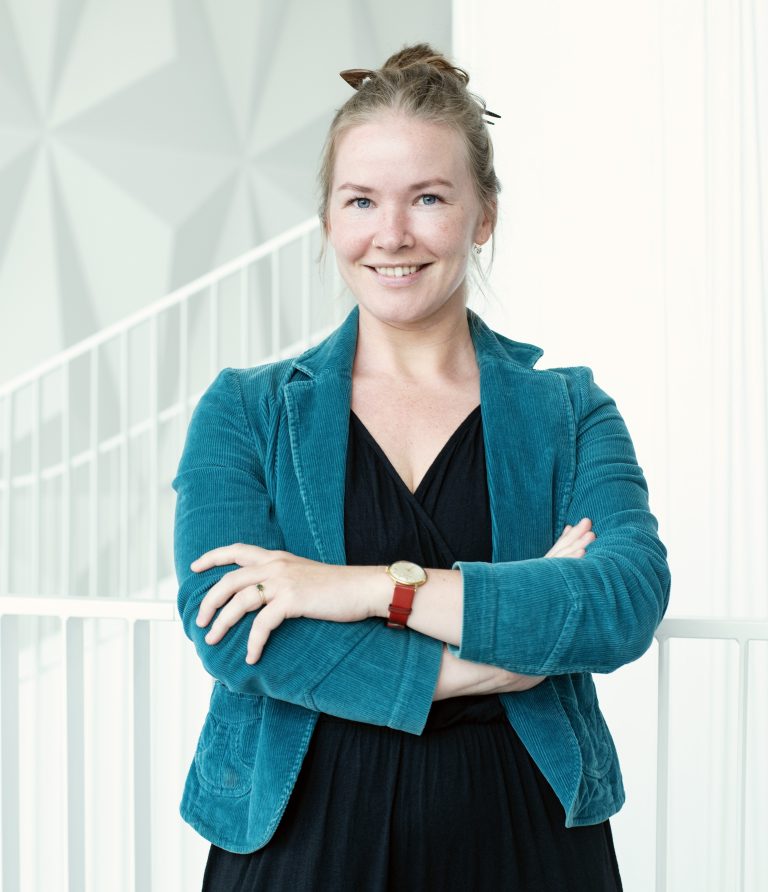Kurkime modernią Lietuvos ateitį kartu
RegistruotisLR ekonomikos ir inovacijų ministerija
Pakartotinio elektronikos naudojimo skatinimas Lietuvos viešajame sektoriuje
Problem
Tarptautinis kontekstas
Pasaulio sveikatos organizacijos duomenimis, elektroninės atliekos yra sparčiausiai augantis kietųjų atliekų srautas pasaulyje, didėjantis 3 kartus greičiau nei pasaulio gyventojų skaičius. Jungtinės Tautos (JT) šį reiškinį vadina elektronikos atliekų cunamiu. JT 2024 m. elektronikos atliekų stebėsenos atskaitoje teigiama, jog e. atliekos auga penkis kartus greičiau, nei perdirbimo pajėgumai. Organizacija taip pat ragina skatinti ilgesnį elektronikos gaminių naudojimą juos taisant ir atnaujinant.
Europos Komisijos (EK) vartotojų įpročių tyrimas rodo, kad didelė dalis vartotojų yra linkę prietaisus keisti naujais anksčiau laiko. Pavyzdžiui, išmanieji telefonai vidutiniškai keičiami po 1,7 metų naudojimo, kai suprojektuota gaminio tarnavimo trukmė yra 7 m., nešiojami kompiuteriai po 4 iš 7 metų.
Visgi, vartojimo įpročiai po truputį keičiasi. Atnaujintos (angl. refurbished) elektronikos poreikis ES 2020–2021 m. išaugo 10 proc., pasaulyje – 15 proc., apie 30 proc. šiandien Prancūzijoje parduodamų telefonų yra atnaujinti. Nuo 2021 m. 20 proc. Prancūzijos viešuosiuose pirkimuose perkamų kompiuterių ir telefonų turi būti pakartotinai naudoti arba atnaujinti.
Lietuva
Europos aplinkos agentūros duomenimis, Lietuvoje mažėjant gyventojų skaičiui, susidarančių atliekų kiekis didėja tolygiai su augančiu BVP. Pasak tyrimų instituto „Global Footprint Network“, Lietuvos žemės perviršio diena (angl. Overshoot day) 2024 m. yra kovo 26 d. Tai reiškia, kad tą dieną Lietuva išnaudojo visus žemės resursus, skirtus visiems metams, ir užima 16 vietą iš 126 valstybių pagal žemės resursų išnaudojimą.
Lietuvos Nacionalinėje klimato kaitos valdymo darbotvarkėje yra iškeltas tikslas – iki 2050 m. Lietuvos ekonomikai tapti žiedinei ir neutraliai klimatui, o EK ir Ekonominio bendradarbiavimo ir plėtros organizacijos (EBPO) duomenimis, 2020 m. Lietuvos žiediškumo rodiklis siekė 4,4 proc. Jis yra beveik tris kartus mažesnis už ES vidurkį. EBPO teigimu, siekiant įgyvendinti žiediškumo tikslus, Lietuva turėtų stiprinti pažangą atliekų pakartotinio naudojimo ir medžiagų atgavimo (grąžinimo į gamybą) srityje.
Lietuvos viešasis sektorius yra pagrindinis valstybės vartotojas, kasmet išleidžiantis apie 13 proc. BVP. Stebima bendra tendencija vis daugiau lėšų skirti viešojo sektoriaus elektronikos įrangos pirkimui. 2021 m. viešųjų pirkimų metu radijo, televizijos, komunikacijų ir telekomunikacijų bei susijusiai įrangai įsigyti buvo išleista 35 mln. Eur, 2022 m. – 61 mln. Eur, 2023 m. 63 mln. – Eur.
Pakartotinai naudojama elektronika viešajame sektoriuje neša keleriopą naudą – sutaupomos valstybės lėšos ir žemės resursai, rodoma valstybės lyderystė formuojant žiediškus vartojimo įpročius. Visgi, esama valstybės turto naudojimo ir nurašymo tvarka per mažai dėmesio skiria pakartotiniam naudojimui.
Goal
Projekto tikslas – skatinti pakartotinį elektronikos naudojimą viešajame sektoriuje turto įsigijimo, naudojimo ir nurašymo tvarkoje identifikuojant ir praplečiant galimybes, kaip teikti prioritetą pakartotiniam elektronikos naudojimui.
Project progress
2024/04/18
Esamos situacijos analizė
2024/05/09
Gerųjų praktikų analizė
2024/06/21
Viešojo sektoriaus elektronikos kelias
2024/09/04
Rekomendacinės gairės: pakartotinis elektronikos naudojimas viešajame sektoriuje
Project files
Result

